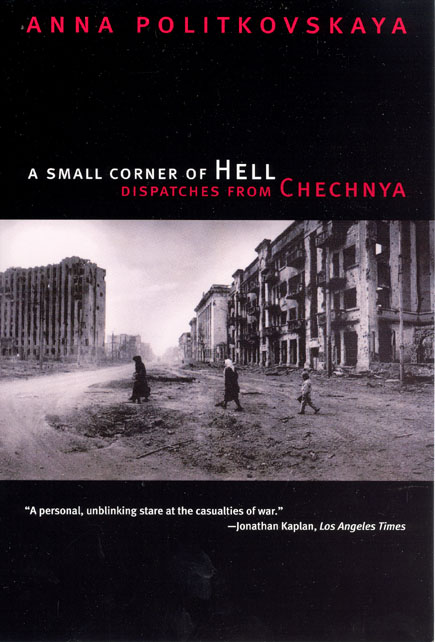scottdisco
rip this joint please
from the archives

the ideology of the Great Power, what we call in Russian derzhavnost, that is, the view of the state as a highly valuable mystical being that every citizen and society as a whole must serve. That ideology was not alien to the Russian political elite under Yeltsin either, but subscribing to it is now obligatory....In today's Russia it is bad form not to be a derzhavnik.
Sergei Kovalev, 9th August, 2001.
Putin himself probably does not know what to do and probably does not want to understand. Chechnya for him is a tough psychological issue. He seems calm and sensible, until you start talking about Chechnya. He is the same to a lesser extent when you start talking about freedom of speech.

